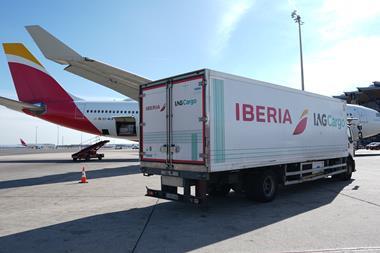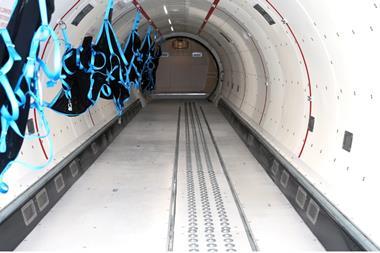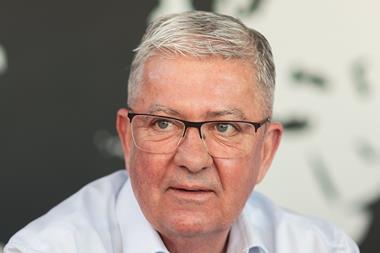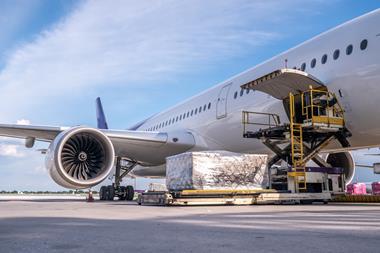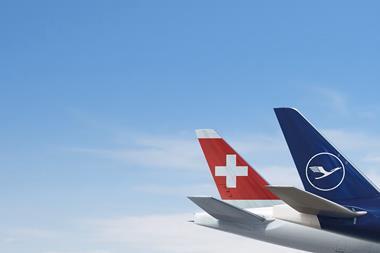Air freight forwarders are beginning the fightback to win marketshare lost to integrators over the last few years, but concede it will be difficult to win back volume lost to shipping lines.
Speaking at the Transport Logistic exhibition, which runs alongside Air Cargo Europe, GEODIS global air product director Henk Venema said that over the last four years, shipping lines and integrators had each won around five to seven per cent of the air cargo market from airlines and forwarders.
He told Air Cargo News that the integrators had stolen a march on forwarders and airlines by offering enhanced services.
“The airline industry and the freight forwarder industry are also to blame for the marketshare lost to integrators because of being old fashioned,” he said.
“The industry wasn’t able to offer clients the solutions they were looking for while the integrators were able to do at that time.
“When you look at high-tech and retail, they are able to even offer a business-to-consumer solution, which we were not able to do.
“They have been creating simplicity for the client; they pay one rate door-to-door and make it simple to move their cargo from a to b. Whereas the traditional freight forwarder and airline industry have a set of tariff lines, so a client gets an invoice of many lines for just two pallets.
“But we are catching up. The wake-up call has come and several companies are on the attack. Some of the growth GEODIS sees today is through the e-commerce solutions we are now able to offer and through our control towers.”
He added that GEODIS was also close to launching a business-to-consumer solution.
The solution will utilise GEODIS’ road freight and distribution division to distribute from Paris and is expected to be launched sometime this year.
Separately, it is also using bulk space to launch a separate product that can move goods to consumers.
“We use traditional air freight to move bulk and once it’s at destination we break it up and work with integrators or our own rail freight system to move it to the consumers,” said Venema.
It had also simplified its air freight services into three separate products; ‘air fast’, ‘air save’ and ‘air flex’ .
While Venema was confident the industry would be able to win back marketshare lost to integrators, he was less hopeful about the volumes that had transferred to seafreight.
He explained that shipping lines had developed their refrigerated services to meet the needs of customers from a budget perspective and that the cost differential between the modes was so much it was unlikely the cargo would move back.
Although, he added that there will always be temporary modal shifts back to airfreight when problems arise such as the congestion experienced at west coast US ports earlier this year.






